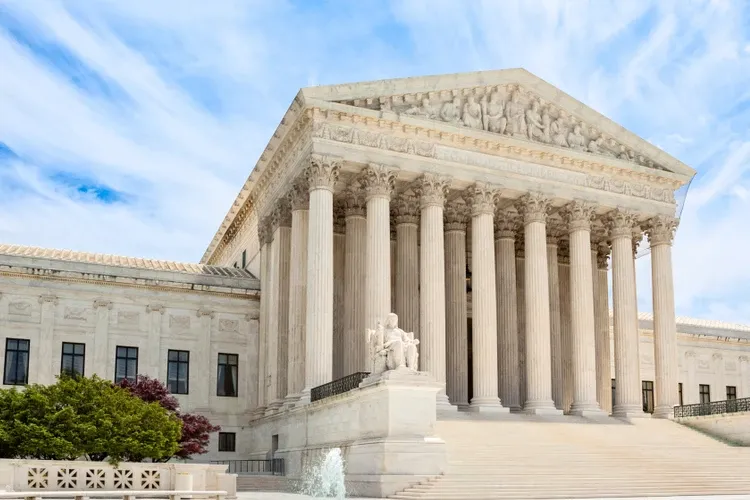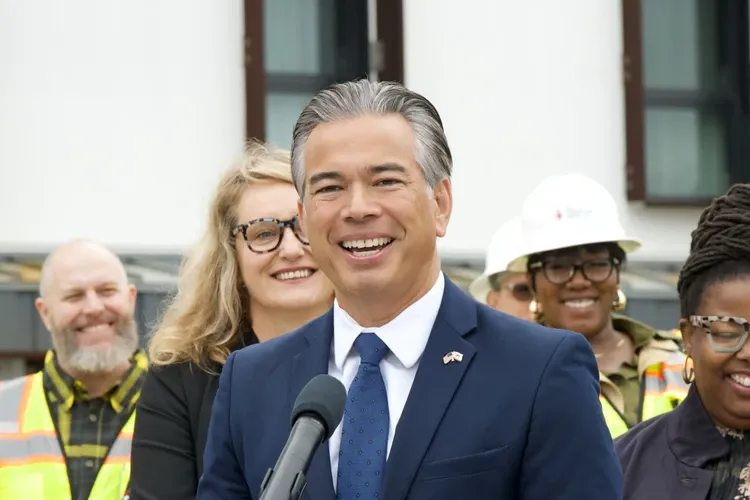A number of professional organizations have expressed their displeasure in response to the Supreme Court’s decision against the use of race in college admissions.
Chief Justice John Roberts recently authored an opinion on behalf of the six conservative members of the Supreme Court, contending that admissions policies based on affirmative action “employ race in a negative manner, involve racial stereotyping, and lack meaningful end points.” The conservatives had voiced skepticism toward affirmative action during oral arguments last year as attorneys for Harvard University and the University of North Carolina claimed that racial diversity offers meaningful benefits to educational experiences.
Several prominent professional organizations, many of which are controlled by progressives, balked at the decision and claimed the Supreme Court upended efforts toward racial equality. Dr. Jesse Ehrenfield, president of the American Medical Association, released a statement asserting that the opinion will also “reverse gains made in the battle against health inequities” and undermine the “health of our nation.”
“This ruling restricts medical schools from considering race and ethnicity among the multiple factors in admissions policies and will translate into a less diverse physician workforce,” he said. “Diversity is vital to health care, and this court ruling deals a serious blow to our goal of increasing medical career opportunities for historically marginalized and minoritized people.”
The American Nurses Association released a collective statement saying they were “appalled” by the ruling against affirmative action.
“This detrimental decision will have unfortunate consequences and signals the continuation of systemic and structural racism which has inflicted generational discriminatory trauma in terms of lack of access and academic and professional advancement,” the statement said. “Inevitably this decision will impact the admissions process for schools of nursing, a necessary pipeline for diversity within the profession to provide culturally competent and equitable health care.”
Deborah Enix-Ross, president of the American Bar Association, likewise said in a statement that her organization has “a long history of supporting affirmative action” and the consideration of racial identity in law school admissions.
“We believe it is imperative that colleges, universities and state legislatures find alternative ways to create a diverse and talented student body,” she said. “Law schools are training grounds for lawyers and play an important role to ensure a diverse bench and bar, which are critical to minimizing implicit bias and inspiring greater public faith in the rule of law.”
Several other professional organizations, such as the American Institute of Architects, the National Association of Social Workers, and the National Education Association, released similar statements lambasting the Supreme Court for harming the “welfare of the public,” dismantling “rights, opportunities, and protections” for citizens, and reinforcing “barriers” against racial minorities.
The political positions taken by professional organizations have been increasingly controversial in recent years. One group of Texas attorneys, however, sued the State Bar of Texas for mandating that all lawyers in the state join the entity and pay dues while it engages in progressive political activism with which they disagree.
An appeals court ruled that the State Bar of Texas violated the lawyers’ First Amendment rights because of its political and ideological activities and that the entity must either make membership voluntary or cease engaging in political activism unrelated to improving the legal profession in the state of Texas.




